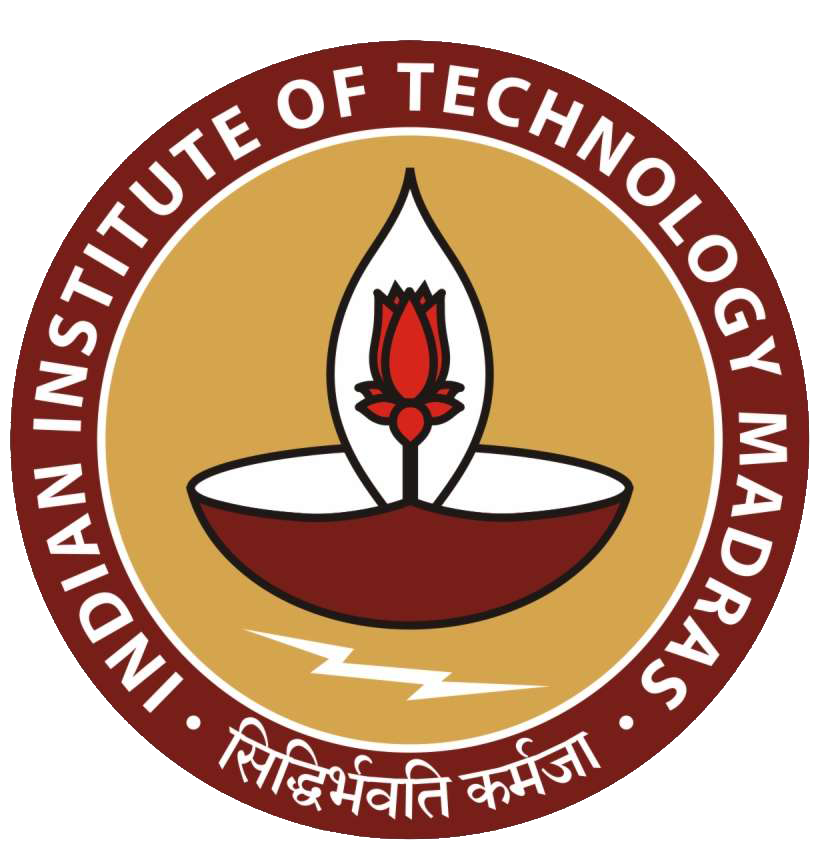Question-19
differentiability
If \(\displaystyle f( x) =(\sin x)^{\sqrt{x}}\), find \(\displaystyle f^{\prime }( \pi /2)\).
NoteHint
Take \(\log\) on both sides.
NoteAnswer
\(0\)
NoteSolution
We have:
\[ \begin{equation*} \begin{aligned} y & =(\sin x)^{\sqrt{x}}\\ & \\ \ln y & =\sqrt{x}\ln(\sin x)\\ & \\ \frac{1}{y}\frac{dy}{dx} & =\frac{\sqrt{x}}{\sin x}\cos x+\cfrac{\ln(\sin x)}{2\sqrt{x}}\\ & \\ \Longrightarrow f^{\prime }( x) & =(\sin x)^{\sqrt{x} -1}\left[\frac{2x\cos x+\ln(\sin x)\sin x}{2\sqrt{x}}\right] \end{aligned} \end{equation*} \]
We see that \(\displaystyle f^{\prime }( \pi /2) =0\). Let us visualize and see how things look around \(\displaystyle x=\pi /2\):

